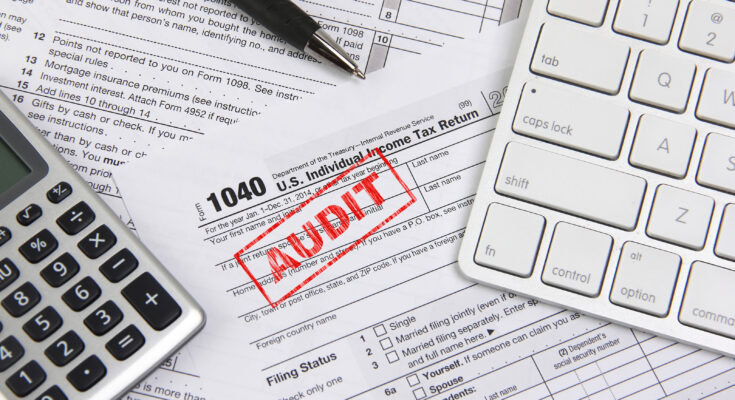For self-employed individuals, facing delayed payments can pose financial challenges. Implementing effective financial planning strategies can help mitigate the impact and ensure financial stability during periods of income uncertainty. This guide offers advice on key financial strategies for Self employed and not been paid, including the importance of emergency funds and budgeting.
- Establish an Emergency Fund:
Significance:
An emergency fund serves as a financial safety net, providing a cushion during times of income disruption.
Implementation:
Set aside a portion of your income regularly to build an emergency fund. Aim for three to six months’ worth of living expenses to cover essential costs in case of delayed payments.
- Prioritize Essential Expenses:
Significance:
Identifying and prioritizing essential expenses helps you allocate funds to critical needs even during periods of financial uncertainty.
Implementation:
Categorize your expenses into essential (e.g., rent, utilities, groceries) and non-essential (e.g., discretionary spending). Ensure that essential needs are met first, adjusting non-essential spending as necessary.
- Create a Detailed Budget:
Significance:
A detailed budget provides a comprehensive overview of your income, expenses, and financial goals, facilitating informed decision-making.
Implementation:
Track your income and expenditures meticulously. Categorize spending, identify areas for potential savings, and use budgeting tools or apps to streamline the process.
- Negotiate Payment Plans:
Significance:
Proactive communication with creditors or service providers can lead to the establishment of payment plans, allowing for more manageable financial arrangements.
Implementation:
Contact relevant parties early if you anticipate delayed payments. Explain the situation and negotiate feasible payment plans or temporary adjustments to avoid penalties or additional fees.
- Explore Short-Term Financing Options:
Significance:
Short-term financing options, such as lines of credit or business loans, can provide temporary relief during periods of delayed payments.
Implementation:
Research and compare available financing options. Use caution and ensure that the terms align with your financial goals and capacity to repay.
- Diversify Income Streams:
Significance:
Diversifying income sources reduces reliance on a single revenue stream, enhancing financial resilience.
Implementation:
Explore additional avenues for income, such as freelance projects, consulting gigs, or passive income streams. Diversification adds stability to your overall financial portfolio.
- Review and Adjust Pricing Strategies:
Significance:
Regularly reviewing and adjusting your pricing strategies ensures that your rates align with the value of your services and contribute to sustainable income.
Implementation:
Evaluate your pricing structure in line with market trends, your skills, and the value you provide. Adjust rates if necessary to reflect the current economic landscape.
Conclusion:
Navigating self-employed and not been paid individual requires a proactive and strategic approach to financial planning. By building emergency funds, creating detailed budgets, and exploring various financial strategies, you can enhance your financial resilience and minimize the impact of income uncertainties. Seeking professional advice and maintaining open communication with creditors contribute to a comprehensive and effective financial plan, ensuring long-term financial stability.




